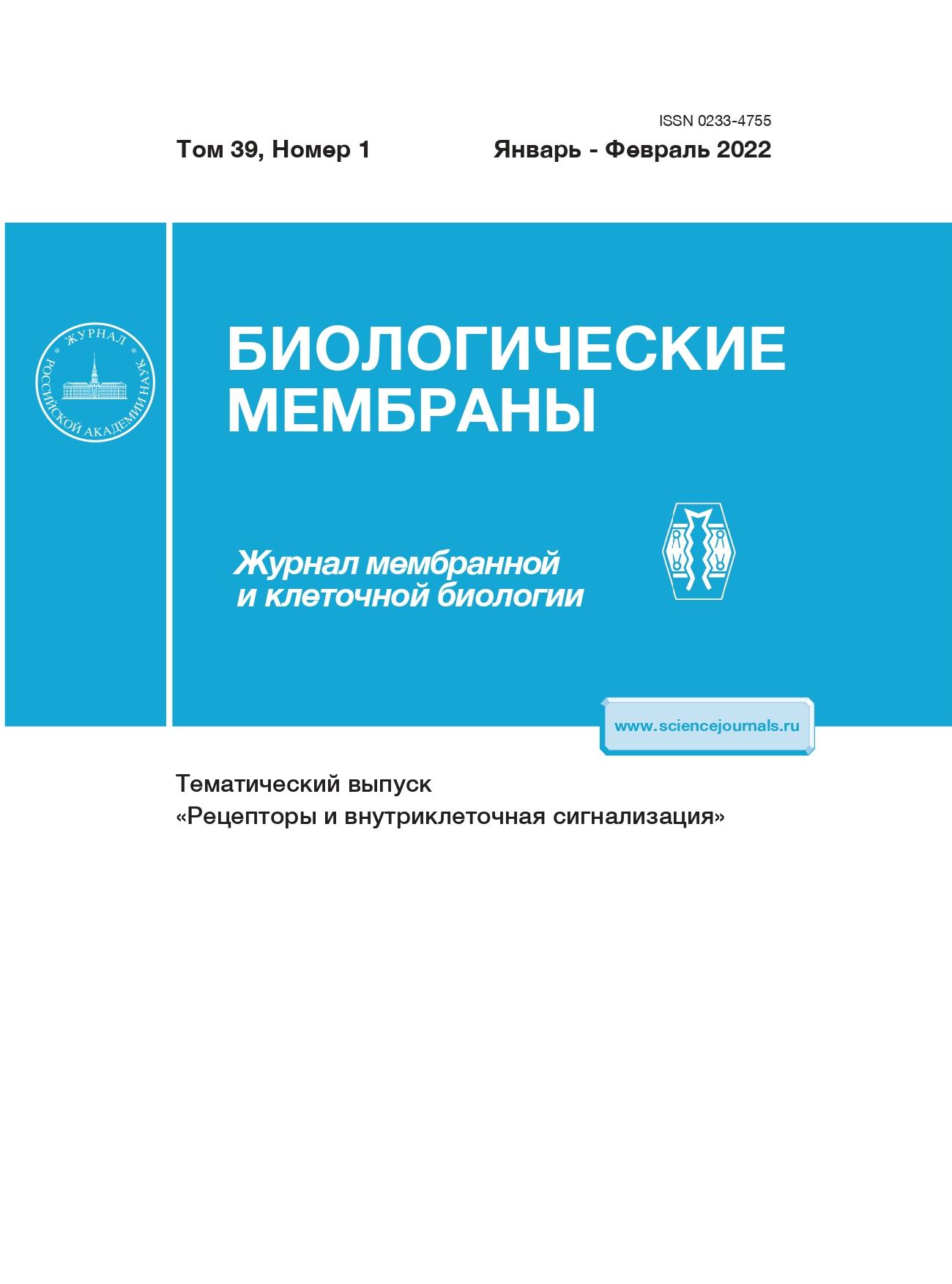
BIOLOGICHESKIE MEMBRANY
Journal of Membrane and Cell Biology

Journal of Membrane and Cell Biology
S. S. Efimova, P. D. Zlodeeva, O. S. Ostroumova
Biochemistry (Moscow), Supplement Series A: Membrane and Cell Biology. 2022;16(4):311-319
Pages: 311-319
Mesenchymal Stromal Cell-derived Extracellular Vesicles (MSC-EVs) are emerging as critical mediators of intercellular communication, offering a cell-free therapeutic strategy for tissue repair and regeneration. This study aimed to characterize the features of MSC-EVs and evaluate their specific biological impact on two opposing processes: pathological fibrosis and regenerative myogenesis, using *in vitro* models. EVs were isolated from MSC conditioned media and characterized for size distribution, concentration, and surface markers (e.g., CD9, CD63, CD81) using nanoparticle tracking analysis and Western blotting, confirming their identity as small EVs. The functional assays demonstrated that MSC-EVs significantly attenuated key markers of fibrosis, such as reduced collagen deposition and decreased expression of $\alpha$-smooth muscle actin in activated fibroblasts. Conversely, the EVs promoted myogenesis, evidenced by enhanced myoblast proliferation, differentiation, and increased expression of myogenic regulatory factors (MyoD, Myogenin). These findings suggest that MSC-EVs carry a potent cargo capable of simultaneously suppressing fibrotic scarring and stimulating muscle regeneration. The dual therapeutic potential of these vesicles highlights their promise as a novel, targeted approach for treating muscle injuries and degenerative diseases where both fibrosis and impaired myogenesis are contributing factors.